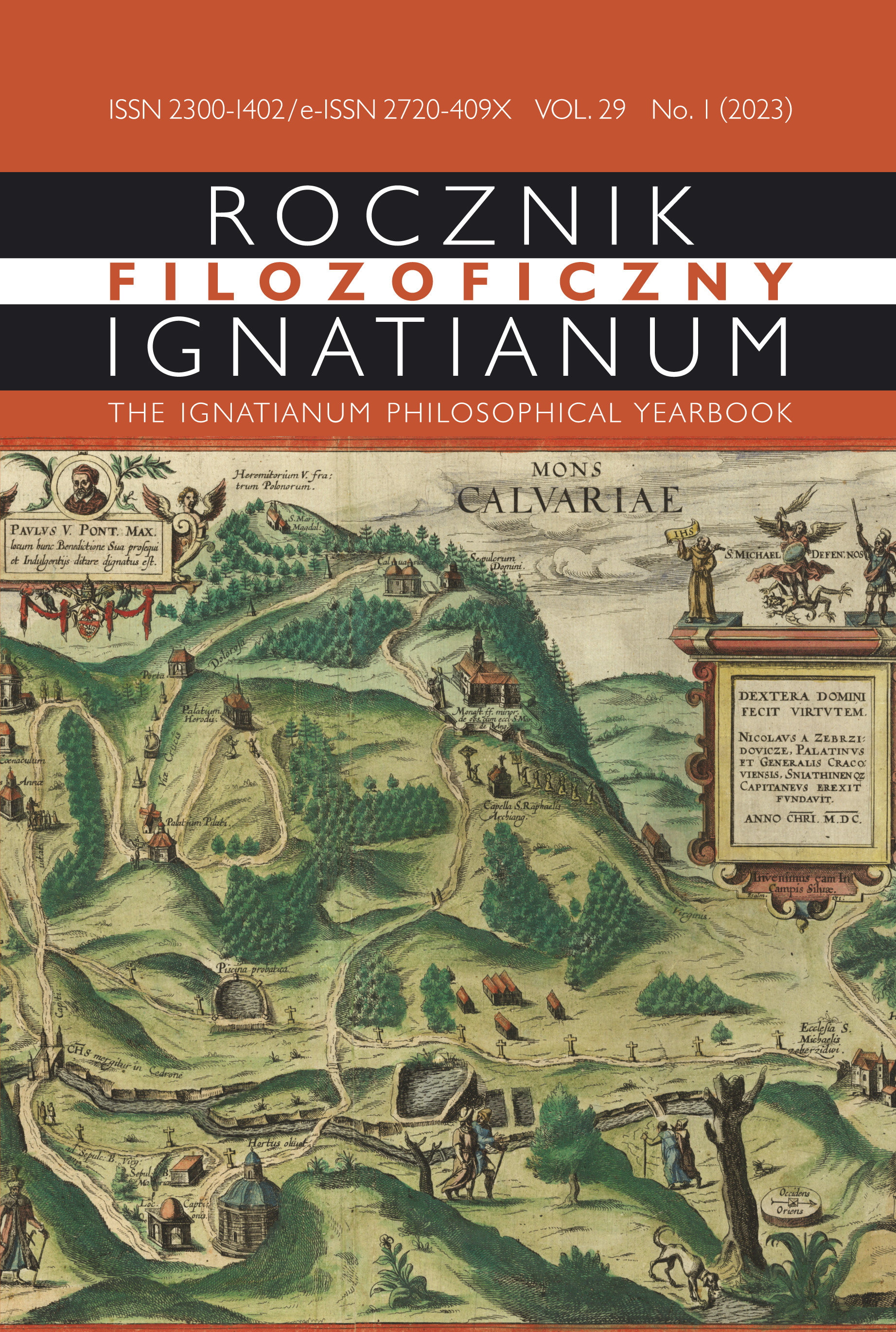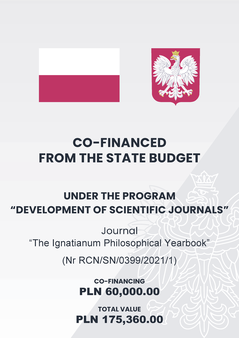The Public Activity of Mikołaj Zebrzydowski during the 1596 Anti-Turkish Holy League Negotiations in Cracow
Abstract
The purpose of the article is to present the public activities of Mikołaj Zebrzydowski, the Grand Marshal of the Crown and the Captain of Cracow, during the international negotiations on the conclusion of the anti-Turkish Holy League initiated by the papacy in the summer of 1596 in Cracow. To reconstruct this aspect, the author used mainly manuscript source materials from the Roman archives, in addition to printed sources and relevant literature. Mikołaj Zebrzydowski came to Cracow on July 10, 1596, at the time when the papal legate, Cardinal Enrico Caetani, who was to preside over the negotiations, had already arrived in the town almost a month before. Zebrzydowski met with the cardinal many times, both officially and in private. The cardinal informed the Secretariat of State about these contacts, reporting that Zebrzydowski was one of those Polish dignitaries who openly supported the Holy See’s initiative. As it seems, however, Mikołaj Zebrzydowski, as a close associate of Chancellor Jan Zamoyski, realistically assessed these chances, seeing a threat to the papal policy in the Habsburgs’ hard and hostile stance toward Poland.
References
Archivio Apostolico Vaticano, Segr. Stato, Nunziature Diverse 273.
Biblioteca Apostolica Vaticana, Barb. lat. 5189.
Biblioteca Apostolica Vaticana, Urb. lat. 859.
Biblioteca Casanatense, Mss. 1563.
Jaitner Klaus, Die Hauptinstruktionen Clemens‘ VIII. Für die Nuntien und Legaten an den europäischen Fürstenhöfen, 1592–1605, t. 1 (Tübingen: Max Niemeyer Verlag, 1984).
Niemcewicz Julian Ursyn, Zbiór pamiętników historycznych o dawnej Polszcze, t. 2 (Warszawa: Drukiem N. Glücksberga, 1822).
Scriptores Rerum Polonicarum, t. 20, wyd. Eugeniusz Barwiński (Kraków: Akademia Umiejętności, 1907).
Woś Jan Władysław, Itinerario in Polonia del 1596 di Giovanni Mucante cerimoniere pontificio (Roma: Il Centro di Ricerca, 1981)
Barwicka-Makula Aleksandra, Od wrogości do przyjaźni. Habsburgowie austriaccy wobec Polski w latach 1587–1692 (Katowice: Wydawnictwo Uniwersytetu Śląskiego, 2019).
Jačov Marko, Europa i Osmanie w okresie Lig Świętych. Polska między Wschodem a Zachodem (Kraków: Polska Akademia Umiejętności, 2003).
Setton Kenneth Meyer, Venice, Austria and Turks in the Seventeenth Century (Philadelphia: American Philosophical Society, 1991).
Smołucha Janusz, „Legacja kardynała Enrica Caetaniego do Rzeczpospolitej w latach 1596–1597 w świetle instrukcji generalnych z czasów pontyfikatu papieża Klemensa VIII”, w: Sztuka roztropności. Dyplomacja Stolicy Apostolskiej wobec Rzeczypospolitej, Europy i świata w epoce nowożytnej i XX wieku. Zbiór studiów, red. Krzysztof Ożóg, Ryszard Skowron (Kraków: Polska Akademia Umiejętności, 2019), 91–106.
Jarmiński Leszek, “La Polonia di fronte ai tentativi per una lega antiturca sotto Clemente VIII”, Odrodzenie i Reformacja w Polsce 39 (1995): 107–116.
Jarmiński Leszek, „Trudne starania o wysłanie posła Zygmunta III Wazy z obediencją do papieża Klemensa VIII”, Odrodzenie i Reformacja w Polsce 61 (1997): 169–174.
Kempa Tomasz, „Konflikt między kanclerzem Jan Zamoyskim a książętami Ostrogskimi i jego wpływ na sytuację wewnętrzną i zewnętrzną Rzeczypospolitej w końcu XVI wieku”, Socium: Al’manax Social’noj Istorji 9 (2010): 67–96.
Ryś Jan, „Związki Mikołaja Zebrzydowskiego (1533–1620) z Krakowem”, Studia Historyczne R. 29 (1986), z. 2: 181–193.
Sas Józef, „Układy o Ligę przeciw Turkom za Zygmunta III”, Przegląd Powszechny 63 (1899): 190–211.
Smołucha Janusz, „Okoliczności rozpoczęcia w Krakowie w sierpniu 1596 r. pertraktacji w sprawie zawiązania przez papieża Klemensa VIII antytureckiej Ligi Świętej”, Studia Środkowoeuropejskie i Bałkanistyczne 29 (2020): 29–40.
Copyright (c) 2023 Jesuit University Ignatianum in Krakow

This work is licensed under a Creative Commons Attribution 4.0 International License.
The Yearbook only accepts materials for publication that are free of all conflicts of interest, and that in no way involve conflicts over authorship, copyright, etc. The Editors will take action against any cases of plagiarizing, ghostwriting1, guest/honorary authorship2, etc. Where co-authored work is concerned, the Author listed first is expected to take responsibility for the submission, and is required to make clear the contributions of all of the Co-Authors involved. In the event of the publication owing its existence to funding dedicated to this purpose, this fact should be made clear: e.g. in any note of thanks/acknowledgement, or in a footnote, etc. Explicit notification should be given of any form of reprinting, with the appropriate evidence of permission to publish being furnished as required. Any impropriety on the part of Authors/Reviewers risks exposing them to appropriate responses from the relevant institutions.
______
1 This term refers to instances of a person who has made an essential contribution being omitted from the list of authors, or from notes conveying gratitude and/or acknowledgement.
2 This occurs when a person who has made either an insignificant contribution or no contribution at all nevertheless appears on the list of authors.






